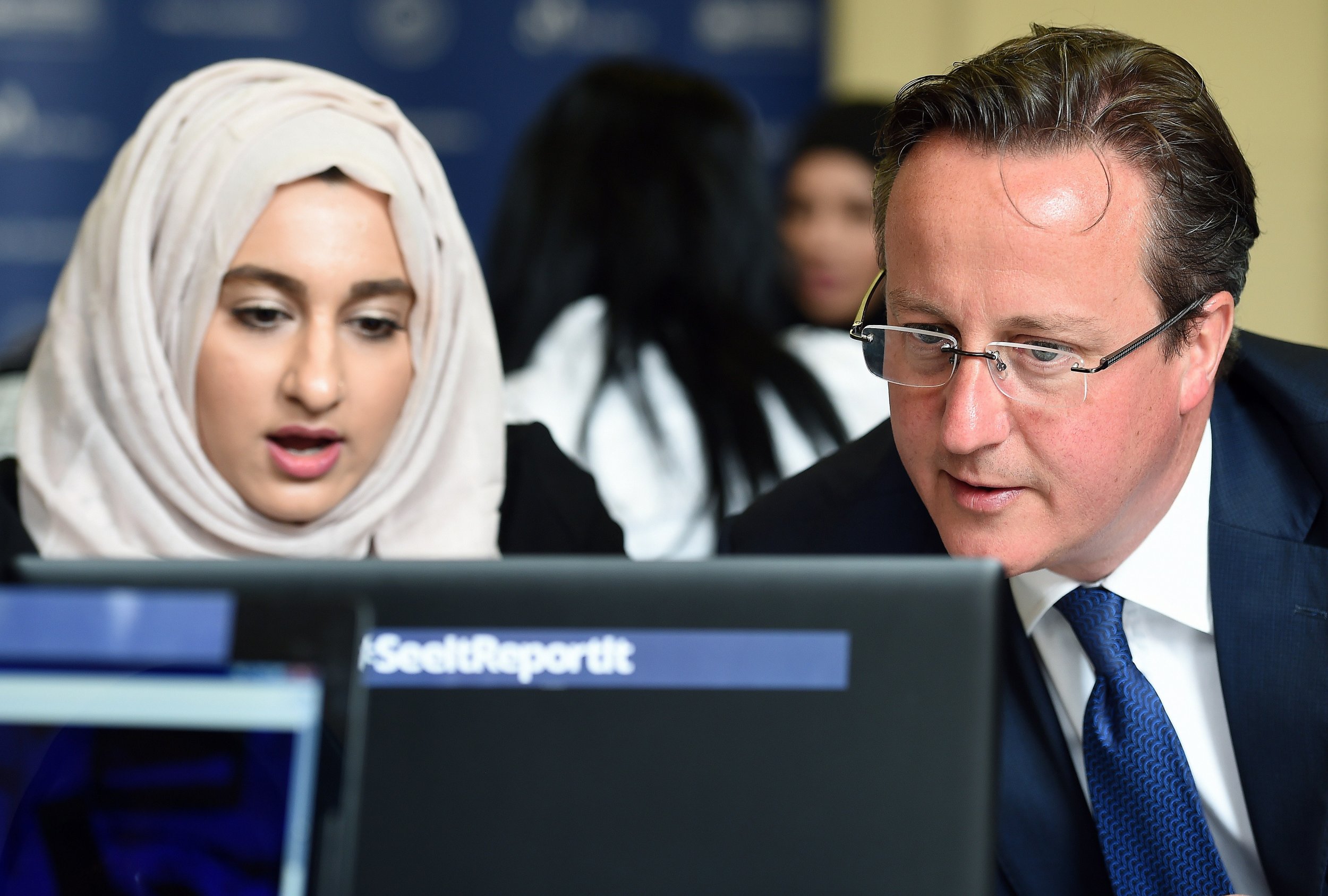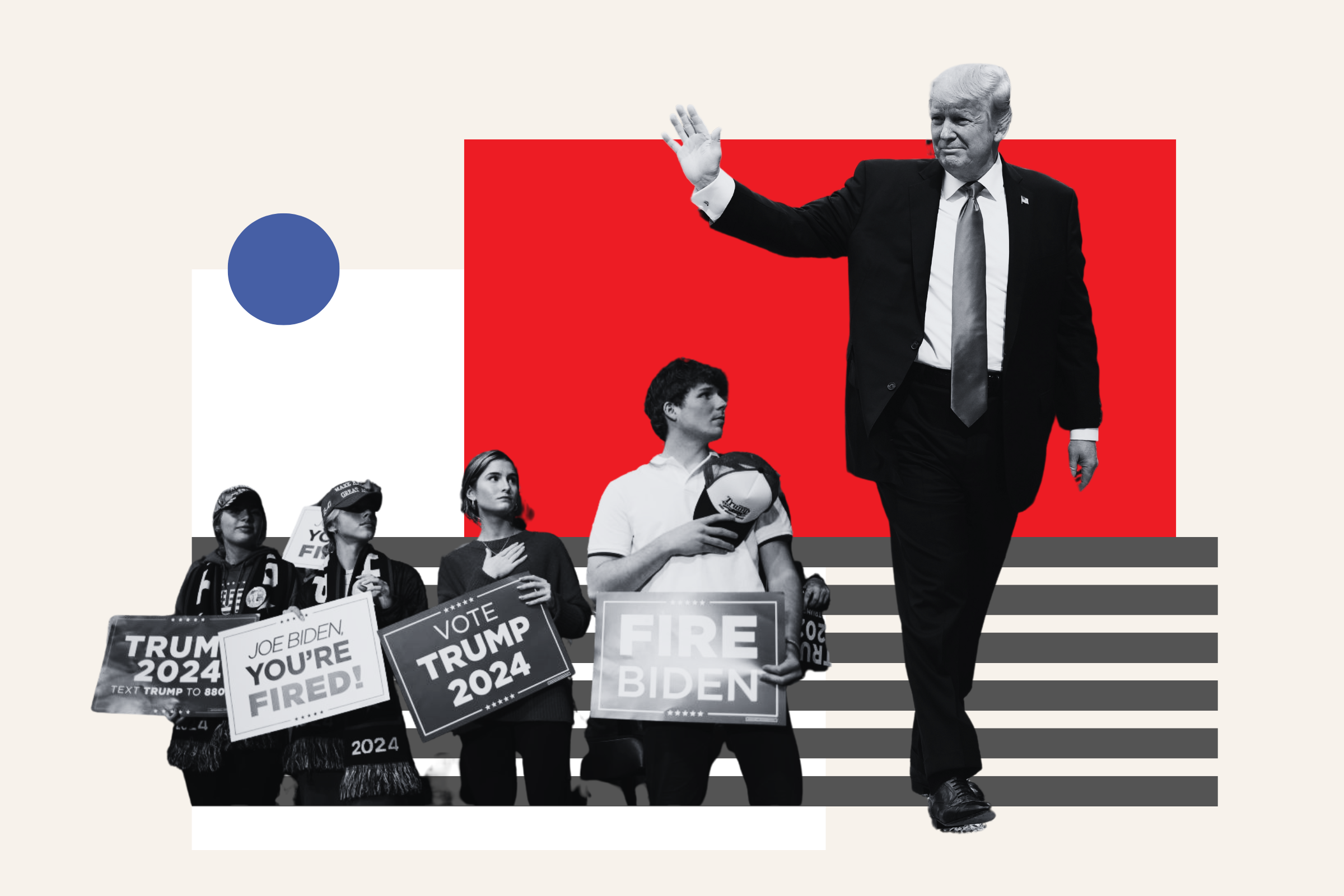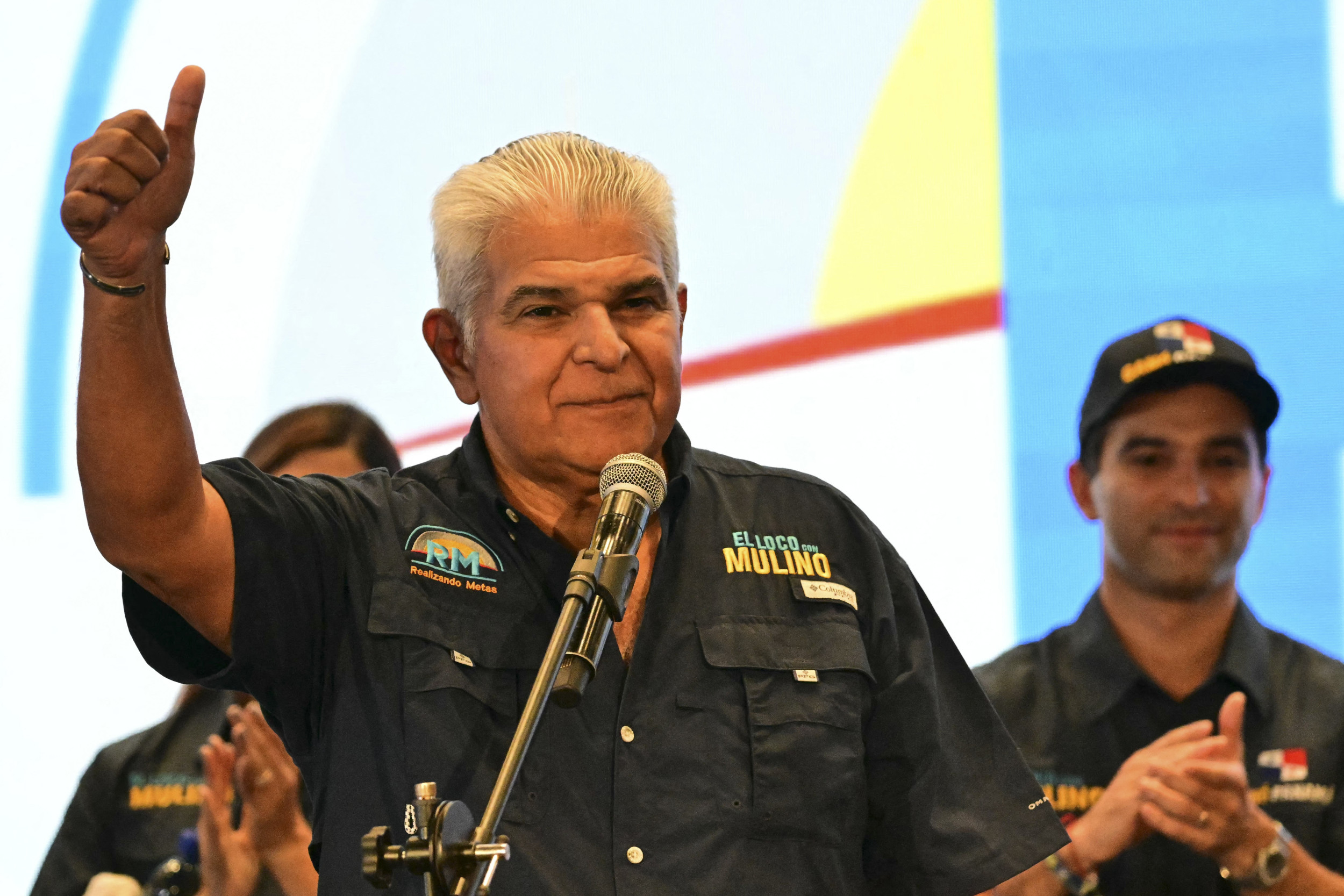
Security, prosperity and opportunity for all will be the themes of the Queen's Speech on May 18, No. 10 has indicated, as David Cameron is set to reveal tough new laws to clamp down on extremists.
This carries on from plans announced last year. In his speech in July, the Prime Minister laid out the government's plans to combat extremism; then followed the announcement of a counter-extremism strategy to run parallel to the Prevent program that was launched after the London bombings on July 7, 2005.
From a primary prevention perspective, the two-pronged approach to combatting extremism is something we have needed for years. It was recommended in the 2010/2011 review of Prevent. It did not happen for five years under the coalition government. But finally the soft and hard end of preventing Islamist radicalization are going to be handled separately.
Among other things, the proposals in the new clampdown being referred to as the Counter-Extremism Bill are to include "extremism banning/disruption orders." These would not criminalise hate speech or the promotion of terrorism—for they are already illegal under the Terrorism Act 2006—but rather the intent to engage in such offenses, if ministers reasonably believe this to be the case, leading to potential banning orders.
In essence, these measures target those who operate in what the police have called the "pre-criminal space" and therefore expand the definition of people who could be incarcerated from those who do bad things to those who think bad things.
This is problematic.
It is philosophically against all the values that we hold in a liberal secular democracy. While radicalization and extremism have rightly been identified as troubling, bigotry cannot be banned. Instead, it should be subject to robust challenge.
Extremist organisations that are not proscribed as terrorist organisations do not reach the threshold of illegality under terrorism legislation. Broadening this to include more groups not connected to violence, other than through the fact that the ideology to which they adhere is also supported by those who commit violence, is troubling in a liberal democracy. We can't let ourselves become totalitarian whilst trying to protect ourselves from the very same ideology.
It is strategically counter-productive because, while we should oppose extremism of all kinds, and there are many groups that worsen community cohesion and even build the mood music to which violent extremists dance, it is clear that the line drawn in the U.K.'s very broad counter-terrorism legislation is at the point which violence occurs, is threatened, or is planned for.
Non-violent extremist organisations may build residual support for ideas that are subsequently taken up violently in a small percentage of cases. But more often, they give traditionally disenfranchised members of society a chance to air their opposition to the government. Banning them altogether would send these groups underground and make it harder for liberals to win the battle of ideas.
While banning terrorist organisations is a valid counter-terrorism decision because it is a strong disincentive for membership and displays a firm stance against violence, it also allows for prosecution of those who seek to threaten our national security.
We cannot claim that it protects our national security, because by definition these are organizations that fall short of our terrorism threshold due to their non-violence. It is a band aid trying to fix a bullet hole, and seeks to challenge the symptom rather than the cause of extremism.
What we should be doing instead is building civil society coalitions that work together to counter the totalitarian ideas that Islamism promotes.
Initiatives such as FATE (Families Against Terrorism and Extremism), which held its inaugural summit in Paris, can play a major role in getting families involved with disrupting terrorist messages to youngsters. Initiatives promoting liberal values help to create environments within universities where ensuring greater freedom of speech and challenging extremist voices can be far more productive than the government dictating banning orders.
And we need more initiatives that encourage civil society challenges to extremism.
These efforts will be more effective than hard-end measures without many of the unintended consequences.
We can keep free speech and free enquiry in places where it is important. We don't have to go against our own British values or civil liberties, which keeps us on the moral high ground. We don't criminalise extremism and add to the perception that the government hates Muslims. And we don't push extremism underground to an ungoverned space that is harder to deal with.
Rather than banning extremists from using the internet, for example, let's challenge what they are saying and win the battle of ideas. That way, we don't make extremist content more attractive to rebellious teenagers, we don't have to constantly waste resources playing whack-a-mole, and we don't drive extremists to the dark depths of the internet where civil liberties campaigners build momentum and criminals conduct their activity away from state surveillance.
Haras Rafiq is Managing Director at the Quilliam Foundation, the world's first counter-extremism think tank.
Uncommon Knowledge
Newsweek is committed to challenging conventional wisdom and finding connections in the search for common ground.
Newsweek is committed to challenging conventional wisdom and finding connections in the search for common ground.
About the writer
To read how Newsweek uses AI as a newsroom tool, Click here.






